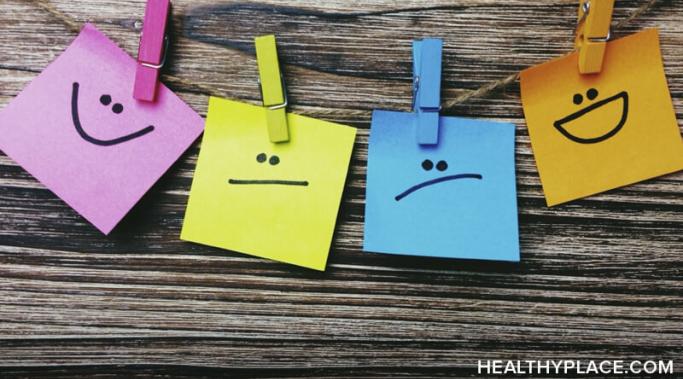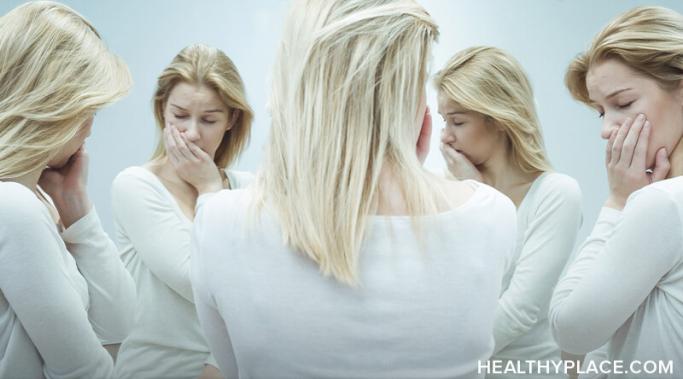Let's talk about this scenario: You meet someone new, you're hitting it off, and you think you want to get to know this person better. Your mental illness is a big part of your life, and if they are going to be a part of your life, you know you want them to know about it eventually, but you don't know when or how to bring it up.
Dating Relationships
Juliana Sabatello
Juliana Sabatello
Love is a powerful force, but when it comes to loving someone with mental illness, we have to think about how to love through a different lens. We all likely have seen this type of story before where someone with mental illness or trauma falls in love, finds happiness, and suddenly all pain and hardship disappears for good. These stories put the emphasis on the partner as some type of savior, valiantly rescuing a "broken" person through the power of love. These savior stories create unrealistic expectations of what it's like to love people with mental illnesses as if the right person can rescue them from their darkness and pull them back into the light.
Juliana Sabatello
When your partner doesn't understand your mental illness, it adds an extra level of difficulty to a relationship. I am highly sensitive and feel my emotions deeply and extremely. When depression or anxiety strike, I lose my ability to think rationally. My partner of eight years is a laid-back math teacher who approaches each challenge in life like an equation he can solve. I am an unsolvable equation to him. We enrich each other's lives with our differences, but sometimes it feels like we don't live in the same world. Part of our relationship journey has been accepting that we may always live in different worlds, but with intentional effort, we can build a beautiful bridge between them.
Juliana Sabatello
Feeling shame in a relationship can begin a cycle of shame that's debilitating to mental health. An ex-boyfriend once told me I was a liability. My mental health was a risk against his future, and he didn't want his professional friends to know that he dated me. He made it clear that he was ashamed of me.
My therapist tells me that my experiences with sexual trauma have changed my taste in men. I've been complaining that my boyfriend doesn't give me what I need; he doesn't crave intimate conversation as I do, likes to mostly be on his own, and doesn't think much about sex. In short, he hardly considers most of the aspects that I believe comprise a relationship.
After being on antidepressants for over 10 years, I have noticed ways in which my antidepressants have impacted my sex drive. It is not uncommon for people to experience a shift in their libido when starting to take medication for their mental health. For some, this shift in sex drive may be apparent and seemingly detrimental to their relationships, while to others, this shift may be smaller (perhaps even negligible). When I first began taking antidepressants at 14, I noticed a drastic decrease in my experienced sexuality that became apparent even to my partners.
Dating a sexual assault victim takes patience and empathy. Here are some tips for dating someone who was victimized by a sexual assault.
I'm not sure who has it worse: folks who are isolated alone or those of us who are quarantining with our loved ones. All in all, I'm glad my boyfriend and I left our Brooklyn apartment before the state of emergency was declared in order to quarantine upstate with my parents.
What is the connection between anxiety and romantic relationships? How do you cope with relationship anxiety? After all, romantic relationships can be complicated; nearly everyone has a story from a relationship gone slightly (or incredibly) awry. Add on a diagnosis of generalized anxiety disorder (GAD) and social anxiety disorder, and these relationship complications can shift and take on entirely new forms. Here are some of the ways that anxiety has infiltrated into my relationships.
When I first started having sex, I didn't know I was engaging in sexual spectation -- I didn't realize I was analyzing and directing my own behavior in the bedroom as though it was a performance. But at some point, I realized that my one and only focus in the bedroom was to make myself attractive to the man who played my counterpart.









